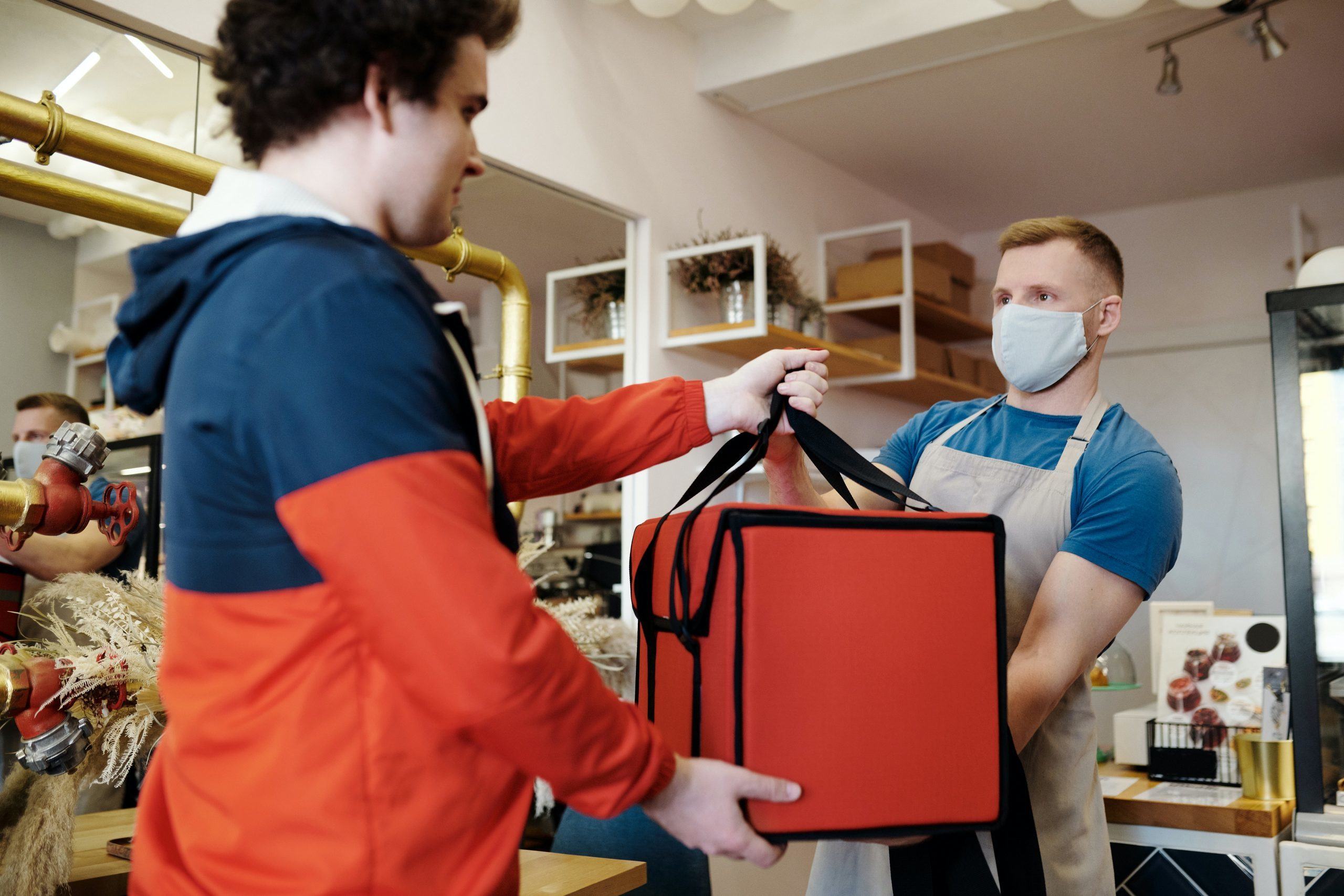Handy Tips to Start Your Home-Based Restaurant

If you’ve been blessed with the ability to cook great food, you’ve probably been asked to start a business more than once. Food-related businesses never go out of style, whether you’re dealing with normal circumstances or even a pandemic.
If you’ve decided to start a home-based restaurant, you’ve already taken the first step towards using your talents to earn money. Now, all you need are some restaurant management skills, marketing tips, and some advice on how to start a home-based restaurant in the UK. Here are some tips we’ve put together for you.
Check out other post on How To Start And Run A Takeaway Business From Home In The UK here.
Get in Touch with a Restaurant Consultant
Every area has different laws for opening businesses within your home. An experienced professional who’s well-versed in regional laws and requirements can help you understand what you need to launch your business.
You may be required to have certain food preparation methods, have separate restrooms and facilities that aren’t used by your family members, and storage rooms or units. Some areas aren’t permitted to have businesses functioning out of their houses, so you need to be 100% sure that your restaurant won’t be breaking any laws.
A restaurant consultant will also help you with understanding restaurant service standards, such as hygiene, food preparation procedures, health checks, packaging, storage, etc.
Another factor to keep in mind when it comes to local laws is understanding what you are allowed to serve. Most small home-based restaurants start off as a cottage food business which serves food that doesn’t need to be refrigerated. The laws surrounding these restaurants have very specific, and usually easy to follow guidelines on handing and labelling food.
If you’re planning on something more ambitious, however, such as gourmet food and fine dining, consult with an expert on the legal requirements and how to register your business.
Decide on a Specialty
Most restaurants thrive off of the having a specialty. What kinds of cuisine do you make best? What’s the theme you want to have? Is it a fast food restaurant, or are you planning on serving fancy meals? Perhaps your home-based restaurant provides the perfect atmosphere for romantic dates or has the best setting for bringing your laptop and sipping some tea.
Before stepping into any home-based restaurant or food business, it’s important to decide how you want your business to be defined. Having a niche makes it easier to use restaurant marketing skills to attract the right market.
Come Up with a Thorough Plan
Now that you’ve figured out the basics, it’s time to get more technical. A successful business requires research, analysis, advertising, and a dedicated team. How do you plan on letting people know about your business?
Will you hand out food samples at a stall first, or do you prefer offering delivery and catering services to bring gradual exposure to your business? How much are you willing to invest in this venture, considering that you will not be making significant profits right from the get-go?
You’ll also need to have a proper description of your business, such as the number of employees, what your qualifications and experiences are, and other legal aspects as well. Are you the sole owner of the business, or do you have partners?
Furthermore, you will also need to carry out market research. What makes your restaurant stand out? On what basis can you say that people will be willing to try the menu you have to offer? When you’re operating a home-based restaurant, restaurant marketing can be a bit tricky. You need a special marketing strategy to convince people to make their way to your area and try your food.
Your menu is also an integral part of your business plan. Not only will you need to have a tentative menu when you begin marketing, it also gives you an idea of what your prices will be, so you can figure out how much profit you’re making after paying for the cost of the ingredients and preparation.
Last but not least, you need to estimate the costs of setting up the business and how much you intend on earning every day. You need to have an idea of how many customers you can accommodate at one time, and how many you’re planning on attending to on an average day.
Note: You’ll have to fidget with these numbers once you launch your business, because you’ll have a better idea of the cost of ingredients and what items your customers are most interested in later on. However, an initial idea is essential so you can ensure you remain within your budget while operating your restaurant.
Remember that We’re Facing a Pandemic
There’s no certainty regarding when the pandemic will come to an end. However, we do know that hygiene and health concerns have reached an all-time high ever since the outbreak of COVID-19. You’ll have to ensure that your restaurant follows all SOPs that are in place for operating in the pandemic.
This includes regular handwashing, sanitizing the dining and kitchen areas extensively, and making sure your employees wear a mask at all times. When you’re dealing with customers, it’s important to emphasize that your restaurant takes special precautions to prevent any spread of the virus.
If any cases of a COVID-19 outbreak in your restaurant should arise, it can be a difficult situation to navigate through. An experienced restaurant consultant will be able to guide you on ways in which you can prevent this from happening.
Get more informations here.
Hopefully, you now have a better idea of the preliminary steps that must be taken to start a home-based restaurant. With excellent cooking skills, commitment, and dedication to your business, you’ll be a hit in no time.
Do you want to know more? Browse through our blogs to receive more trade secrets. You can also hire our restaurant consultants for professional assistance.
